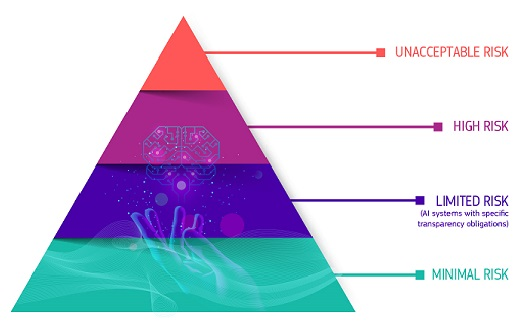1. What is Kiro
?Kiro is a spec-driven agentic IDE that transforms natural language ideas into requirements, designs, and tasks, and generates and verifies code by intelligent agents. The goal is to go from prototype to go-live quality quickly.
2. Core competency
- Specs: Structurally generate requirements, design, and acceptance standards to reduce rework.
- Steering: Write team specifications and directory structures into projects to make agent execution more consistent.
- Agent Hooks: Listen for events such as saving, creating, and deleting, and automatically generate tests, update documents, and perform security checks.
- MCP: Connect external tools and data sources through the Model Context Protocol, and pull documents, repositories, and APIs into the IDE context.
- Code Awareness and Diff Review: Each step of modification is visible and rollback.
3. Applicable people and value
- Small and medium-sized teams and start-ups: Stable delivery of functions under limited manpower.
- Large codebase developers: Reduce risk in refactoring and cross-module transformation.
- Technical leader: Solidify the specification to the tool layer to reduce the cost of team collaboration.
4.
- When adding cross-layer functions (login, payment, comment, etc.) in typical scenarios, it becomes a spec and then implements it according to the task list.
- Automatically generate or update single tests when saving components; Complete documents and change records before merging.
- Evaluate the impact surface before refactoring, and the diff can be seen and rolled back during execution.
5. Quickly get started
- with installation and login (supports GitHub, Google, and AWS identities).
- Generate Steering documentation that complements the table of contents and naming conventions.
- Create your first spec in natural language, execute tasks, and review diffs.
- Enable Hooks to "save and test, change and synchronize documents".
- Connect to the MCP server and connect GitHub, documentation repositories, or self-built tools.
6. Different from similar
- types to plan first and then implement to reduce the confusion of the temporary splicing process.
- Closed-loop planning, execution, review, and automation reduce context loss.
- Based on Code OSS, it follows VS Code habits and plugin ecosystem.
7. Price and Edition (August 2025)
- The current public preview is free to use with a limit.
- Free, Pro (about $20/month), Pro+ (about $40/month), and Power (about $200/month) will be available soon, counted by Vibe/Spec requests.
- You can support over-pay-per-use billing without having to force a tier upgrade.
8. Selection suggestions
Regard Kiro as "a paired programmer who can write documents, understand architecture, and can execute". First, choose a cross-layer requirement to run through the closed loop of "specification-implementation-verification-automation", and then decide whether to promote it fully by the team.




